 W
WLuigi Arditi was an Italian violinist, composer and conductor.
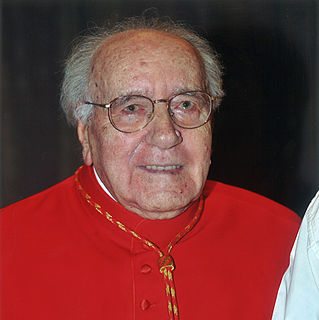 W
WDomenico Bartolucci was an Italian cardinal of the Catholic Church. He was the former director of the Sistine Chapel Choir and the Accademia Nazionale di Santa Cecilia, and was recognized in the field of music both as a director and a prolific composer. Considered among the most authoritative interpreters of Giovanni Pierluigi da Palestrina, Bartolucci led the Sistine Chapel Choir in performances worldwide, and also directed numerous concerts with the Choir of the Academy of Santa Cecilia, including a tour of the former Soviet Union.
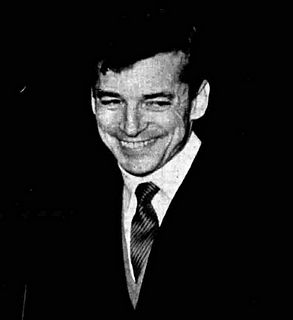 W
WPiero Bellugi was an Italian conductor from Florence.
 W
WVanessa Benelli Mosell is an Italian pianist and conductor.
 W
WEnrico Modesto Bevignani was an Italian conductor, harpsichordist, composer, and impresario. He studied in his native city with Giuseppe Albanese, Salvatore Lavigna, Giuseppe Lillo and Giuseppe Staffa. Although his opera Caterina Blum was a critical success at its premiere at the Teatro di San Carlo in 1862, he never wrote another stage work and only produced a few chamber works and piano pieces.
 W
WCarlo Ercole Bosoni (1826-1887) was an Italian composer and conductor. He was active as a conductor at La Fenice in Venice during the 1850s and 1870s. Some of his operas premiered there as well.
 W
WGiovanni Bottesini, was an Italian Romantic composer, conductor, and a double bass virtuoso.
 W
WAntonio Bartolomeo Bruni was an Italian violinist, composer and conductor. Bruni was born and died in Cuneo, Italy. During most of his life he resided, played and composed in Paris.
 W
WAntonio Buzzolla was an Italian composer and conductor. A native of Adria, he studied in Venice, and later worked with Gaetano Donizetti and Saverio Mercadante. He composed five operas, but was better known in his lifetime for ariettas and canzonettas in the Venetian dialect. Beginning in 1855 he served as the maestro di cappella of the Cappella Marciana at St Mark's Basilica in Venice. Buzzolla was one of the composers invited by Giuseppe Verdi to contribute to the Messa per Rossini; he composed the opening movement, the Requiem e Kyrie. He died in Venice in 1871.
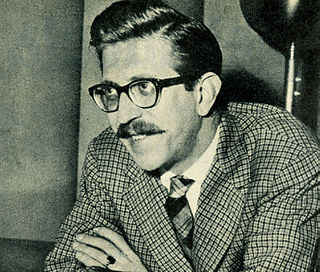 W
WBruno Canfora was an Italian composer, conductor, and music arranger.
 W
WGiuseppe Caruso, best known as Pippo Caruso, was an Italian composer, conductor and music arranger.
 W
WCatterino Albertovich Cavos, born Catarino Camillo Cavos, was an Italian composer, organist and conductor settled in Russia. He played an important role in the history of Russian opera and was the father of Alberto Cavos.
 W
WPietro Antonio Coppola was an Italian composer and conductor. Born in Castrogiovanni, he was trained by his father and at the Naples Conservatory. He is chiefly known for his many operas, of which his most famous, Nina pazza per amore, premiered at the Teatro Valle in Rome in February 1835. While his works have rarely been performed after the 19th century, during his lifetime they enjoyed success in major opera houses in Italy, France, Portugal, and Spain. As a conductor he was particularly active at the Teatro Nacional de São Carlos in Lisbon. He died in Catania at the age of 82.
 W
WGaetano Coronaro was an Italian conductor, pedagogue, and composer. He was born in Vicenza and had his initial musical training there followed by study from 1871 to 1873 at the Milan Conservatory under Franco Faccio. He composed orchestral works, sacred music, and chamber pieces as well as five operas. La Creola, which premiered at the Teatro Comunale di Bologna in 1878, was the only one to have any success.
 W
WCarlo Curti, also known as Carlos Curti, was an Italian musician, composer and bandleader. He moved to the United States whose most lasting contribution to American society was popularizing the mandolin in American music by starting a national "grass-roots mandolin orchestra craze".
 W
WGiuseppe Dell'Orefice born in Fara Filiorum Petri, province of Chieti, was an Italian composer, and conductor best-remembered for his opera Romilda de'Bardi. He died in Naples.
 W
WFrancesco (Franco) Antonio Faccio was an Italian composer and conductor. Born in Verona, he studied music at the Milan Conservatory from 1855 where he was a pupil of Stefano Ronchetti-Monteviti and, as scholar William Ashbrook notes, "where he struck up a lifelong friendship with Arrigo Boito, two years his junior" and with whom he was to collaborate in many ways.
 W
WGuido Alberto Fano was an Italian pianist and composer. From 1894 he was the favoured pupil of Giuseppe Martucci. From 1922 he was professor of piano at the Milan Conservatory. In 1938 he was removed from this position because of the Italian Fascist racial laws and from 1943 to 1945 was in hiding at Fossombrone and Assisi. He returned to teaching 1945-47, then retired.
 W
WJacopo Foroni was an Italian opera composer and conductor who spent most of his working life in Sweden.
 W
WMassimo Filippo Antongiulio Maria Freccia was an Italian American conductor. He had an international reputation but never held a post as music director of a major orchestra or opera house. Unusually for an Italian, he built his career around symphonic music rather than opera. For several years he was an assistant to Arturo Toscanini, whom he venerated, and he was regularly invited by Toscanini to conduct the NBC Symphony Orchestra.
 W
WGiuseppe Gallignani was an Italian composer, conductor and music teacher.
 W
WGiorgio Gaslini was an Italian jazz pianist, composer and conductor.
 W
WBenedetto Ghiglia was an Italian composer, conductor and pianist.
 W
WGialdino Gialdini was an Italian composer and orchestra conductor.
 W
WManoah Laide-Tedesco was an Italian-American composer, conductor and violinist.
 W
WFranco Leoni was an Italian opera composer. After training in Milan, he made most of his career in England, composing for Covent Garden and West End theatres. He is best known for the opera L'Oracolo, written for Covent Garden but taken up successfully by the Metropolitan Opera in New York. In addition to his operas, Leoni wrote several cantatas and oratorios and many ballads and other songs. He also worked as a conductor in London, both in the concert hall and in the theatre.
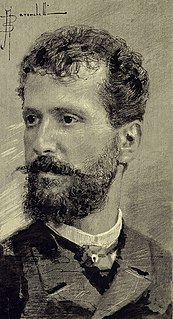 W
WLuigi Mancinelli was an Italian conductor, cellist and composer. His early career was in Italy, where he established a reputation in Perugia and then Bologna. After 1886 he worked mostly in other countries, as principal conductor at the Royal Opera House, Covent Garden in London and at the Metropolitan Opera in New York, and in other appointments in Madrid, Rio de Janeiro and Buenos Aires.
 W
WAngelo Maurizio Gaspare Mariani was an Italian opera conductor and composer. His work as a conductor drew praise from Giuseppe Verdi, Giacomo Meyerbeer, Gioachino Rossini and Richard Wagner, and he was a longtime personal friend of Verdi's, although they had a falling out towards the end of Mariani's life. He conducted at least two world premieres ; and at least 4 Italian premieres.
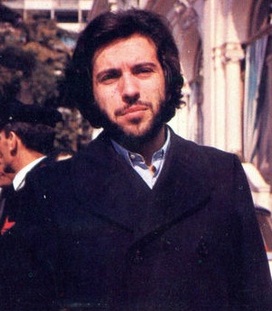 W
WAugusto Martelli was an Italian composer, conductor, arranger and television personality.
 W
WEdoardo Mascheroni was an Italian composer and conductor. He is remembered for conducting the world premiere of Giuseppe Verdi's Falstaff; he also composed two operas of his own, to libretti by Luigi Illica. His brother Angelo was also a composer.
 W
WTito Eduardo Achille Mattei was an Italian pianist, composer, and conductor.
 W
WStefano Miceli is an Italian classical conductor and pianist.
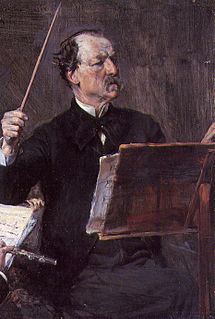 W
WDonnino Emanuele Muzio was an Italian composer, conductor and vocal teacher. He was a lifelong friend and the only student of Giuseppe Verdi.
 W
WMario Paci, also known by his Chinese name Mei Baiqi, was an Italian pianist and conductor who was instrumental in establishing classical European music in China.
 W
WAttilio Enrico Paparella, known professionally as Attilio Parelli was an Italian conductor and composer.
 W
WCarlo Pedrotti was an Italian conductor, administrator and composer, principally of opera. An associate of Giuseppe Verdi's, he also taught two internationally renowned Italian operatic tenors, Francesco Tamagno and Alessandro Bonci.
 W
WAchille Peri was an Italian composer and conductor. He is best known for his operas which were strongly influenced by the music of Giuseppe Verdi.
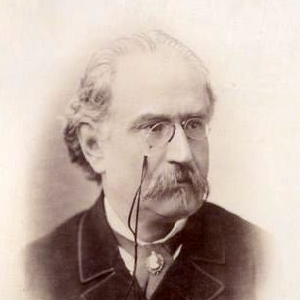 W
WPietro Platania was an Italian composer and music educator.
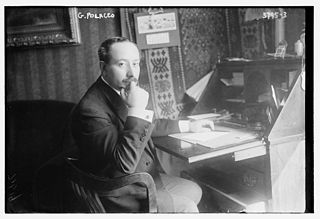 W
WGiorgio Polacco was the conductor of the Metropolitan Opera from 1915 to 1917 and the Chicago Civic Opera from 1921 to 1930.
 W
WLuigi Ricci, was an Italian composer, particularly of operas. He was the elder brother of Federico Ricci, with whom he collaborated on several works. He was also a conductor.
 W
WAlessandro Rolla was an Italian viola and violin virtuoso, composer, conductor and teacher. His son, Antonio Rolla, was also a violin virtuoso and composer.
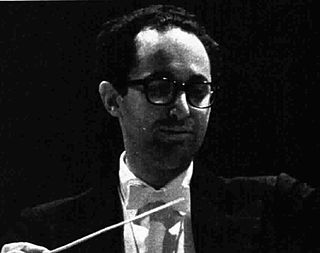 W
WClaudio Scimone was an Italian conductor.
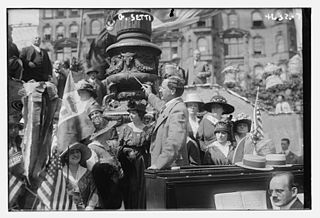 W
WGiulio Setti was an Italian choral conductor.
 W
WAlessandro Siciliani is an Italian conductor of opera and symphonic music. He is also a composer of symphonic music. Siciliani was born in Florence, Italy, the son of Ambra and Francesco Siciliani, the celebrated opera impresario. Siciliani currently resides in Columbus, Ohio, where he was the music director of the Columbus Symphony Orchestra from 1992 to 2004.
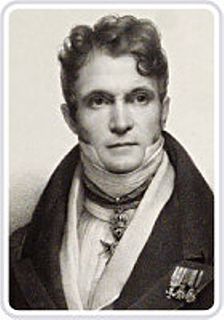 W
WGaspare Luigi Pacifico Spontini was an Italian opera composer and conductor.
 W
WOttaviano Tenerani is an Italian keyboard player, conductor, musicologist. He is the leader of Il Rossignolo, an ensemble on period instruments that he founded in 1998 together with the flautist Marica Testi and the recorder and oboe player Martino Noferi.
 W
WEmilio Usiglio was an Italian composer and conductor.
 W
WAlbert Anthony Visetti was a Dalmatian musician who moved to London where he was Professor of Singing at the Royal College of Music, becoming a Fellow in 1921. He was the stepfather of the novelist Radclyffe Hall.
 W
WGuglielmo Zuelli was an Italian composer and conductor.